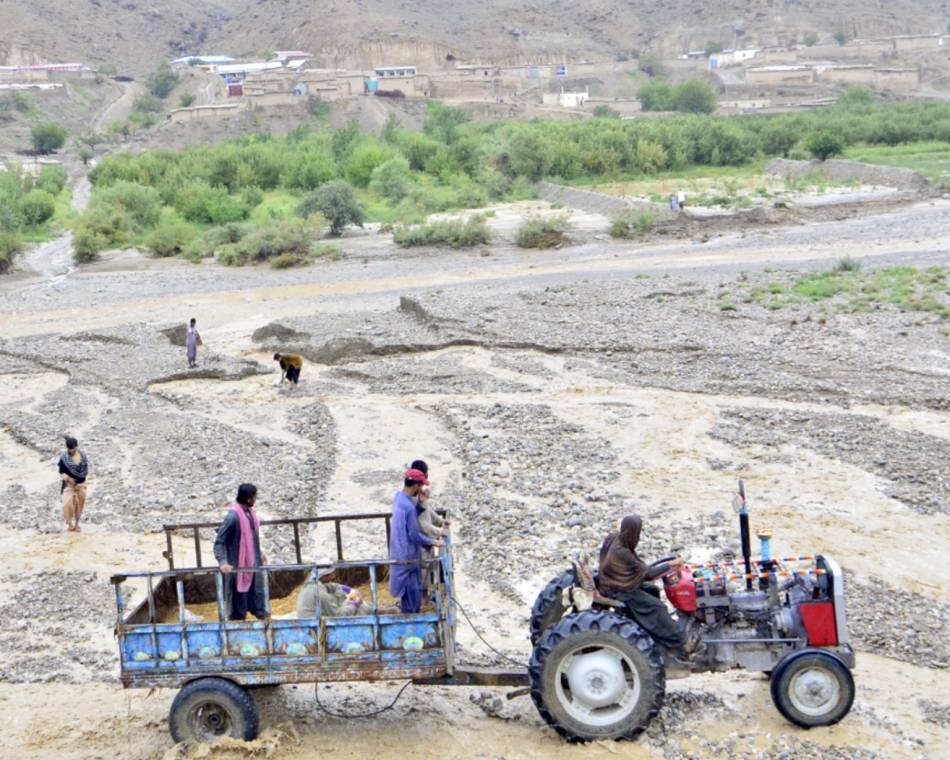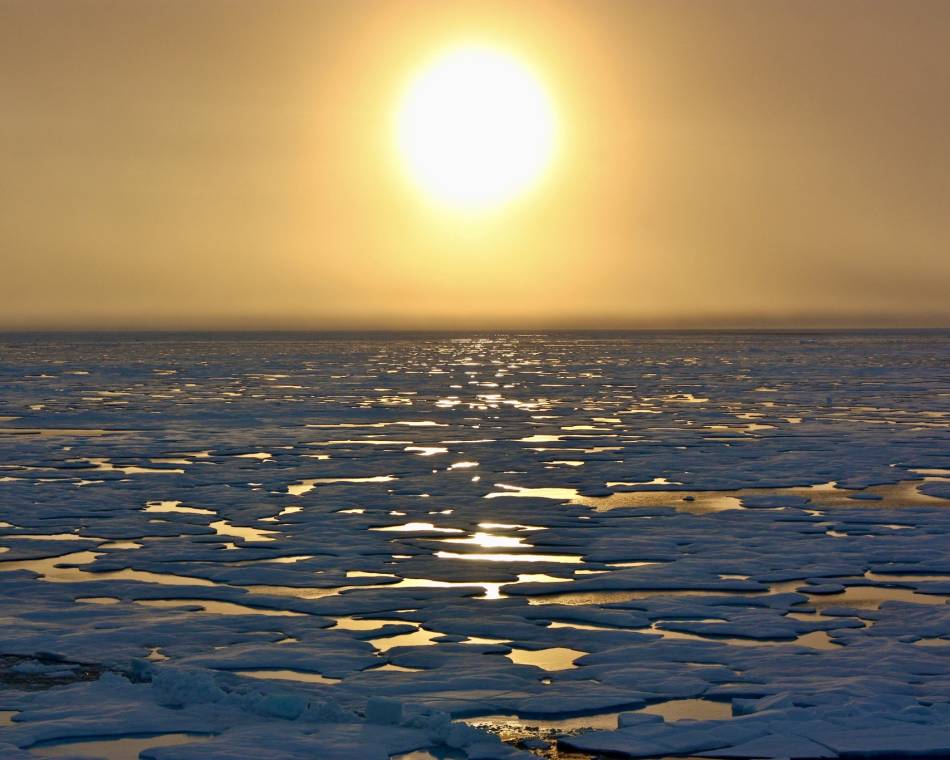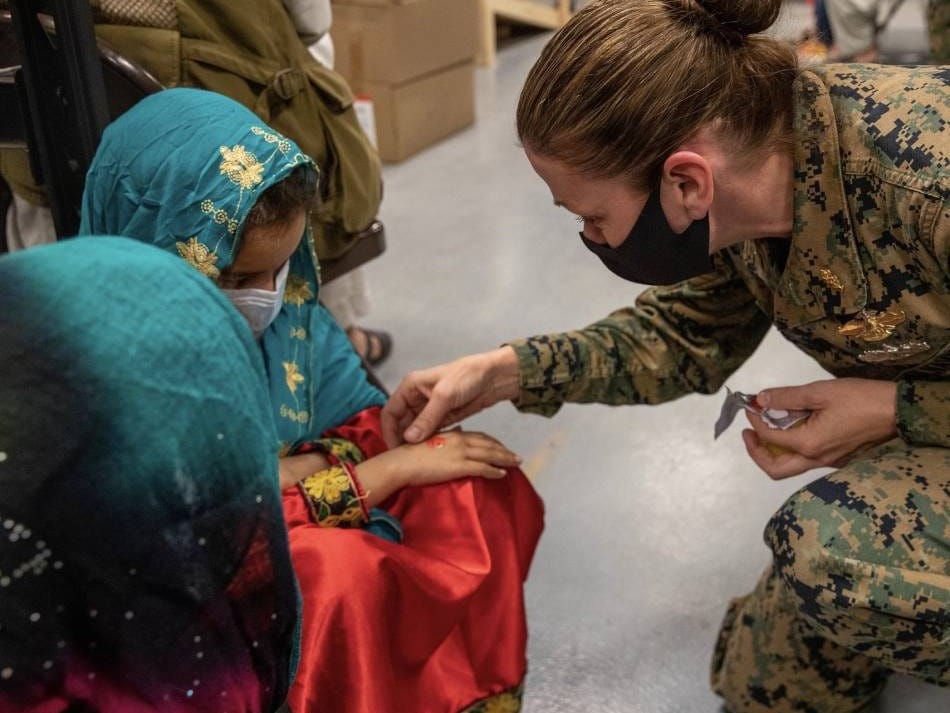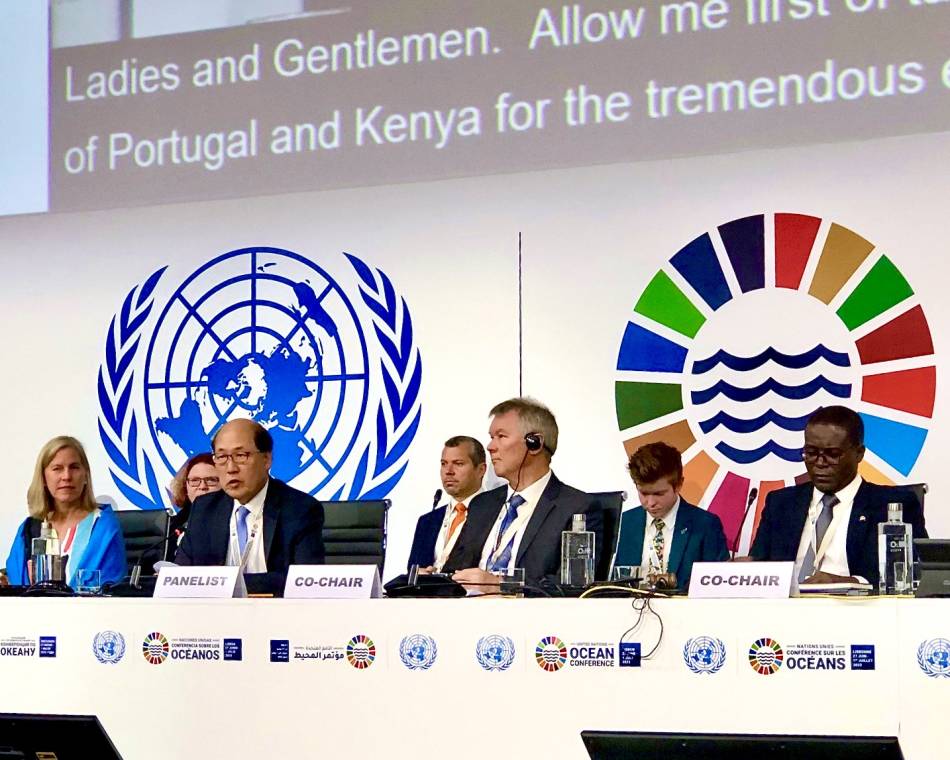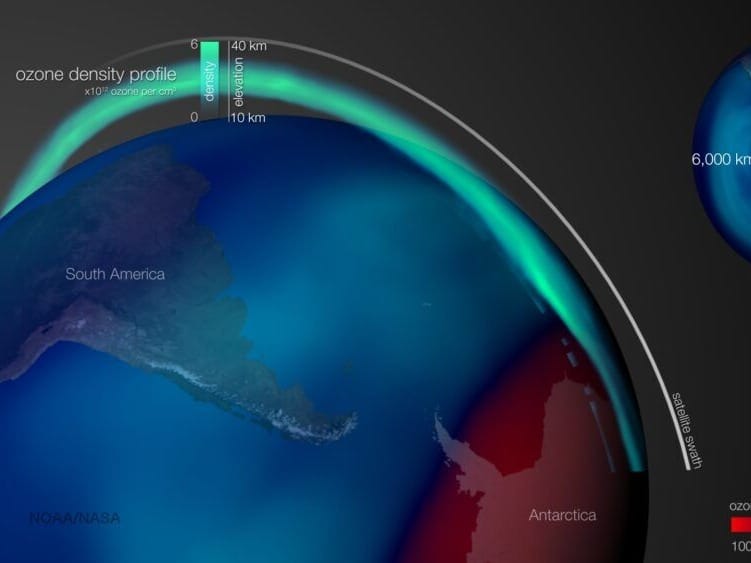
Organizations call for fossil fuel ban treaty
Nearly 200 public health organizations want a "fossil fuel nonproliferation treaty" to end global dependence on carbon emissions linked to air pollution.
Our coverage of the growing convergence of climate and global health issues, including the latest news on the science, politics and economics that are behind it.

Already have an account? Log in
Nearly 200 public health organizations want a "fossil fuel nonproliferation treaty" to end global dependence on carbon emissions linked to air pollution.
King Charles III, the new monarch, has long been an outspoken voice on climate, deforestation and pollution.
Famine looms in parts of Somalia between October and December, the U.N. humanitarian chief warned.
Simon Stiell, a former senior official in Grenada's government and engineer, has been appointed the new U.N. climate chief.
Flood-ravaged Pakistan faces major public health threats from waterborne and infectious diseases, the World Health Organization cautioned.
Diplomats suspended talks after they could not agree on a proposed treaty to protect marine species and minerals in high seas covering 43% of Earth.
A second vote in the United Nations solidifies international recognition that everyone's access to a clean and healthy environment is a fundamental right.
WHO's chief declared monkeypox a global health emergency, citing a rapid escalation in cases to more than 16,000 among 75 nations and territories.
The report blames misinformation, conflicts and wars, lockdowns, supply chain disruptions and diverted resources.
The public health experts who declared COVID-19 was a pandemic said it isn't over yet because new variants "may present an even greater health threat."
The IPBES guidelines could prod decision-making beyond just politics and economics to deal with our massive loss of species and rising temperatures.
Global hunger soared last year to affect almost one-in-10 people on the planet even before Russia's war in Ukraine, five United Nations agencies reported.
Monkeypox cases tripled in Europe over the past two weeks in what WHO calls a race to prevent the virus from becoming entrenched in the region.
More than 150 nations committed to put science at the heart of renewed efforts to tackle the multiple human-caused crises threatening the ocean.
The U.N. health agency is seeking global access to vaccines against monkeypox and calling a meeting to decide if the virus outbreak is a global emergency.
Share of parties to international multilateral environmental agreements on hazardous waste and other chemicals that meet their reporting commitments.



